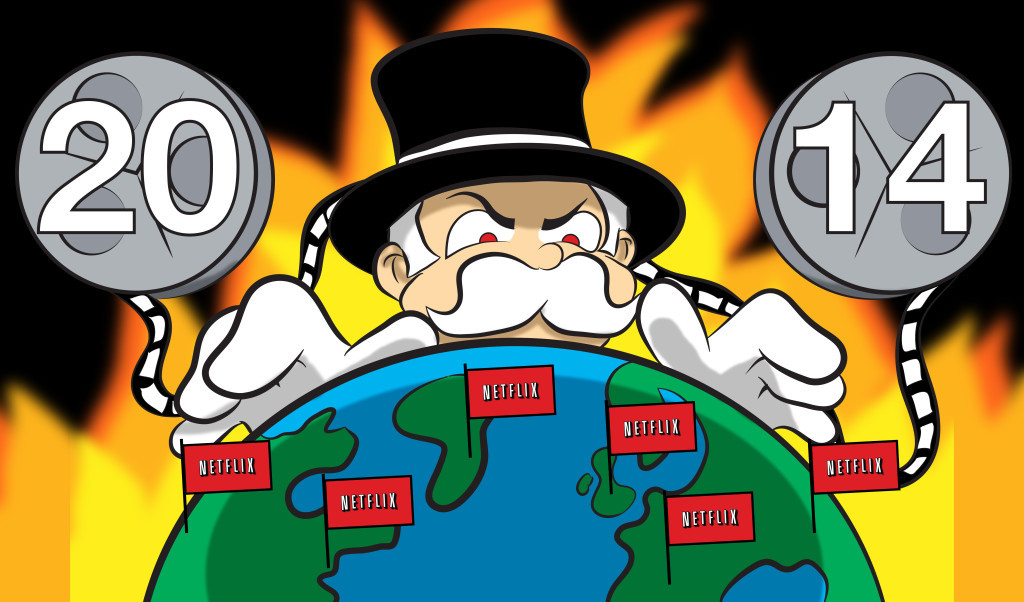
Webbed-feet crusaders seek to end negative stigma about ‘duck face’
By Jacey Gibb, Assistant Editor
The term “duck face” has been around for years, and has been used everywhere from on the Internet as a meme to as commentary on the current state of bar culture. But a recently-formed group of ducks is hoping to change the term and what’s associated with it—by unleashing a new trend known as “human face.”
Frank McDuck, one of the creators behind the human face initiative, has been a duck for years and has become increasingly agitated by the spike in duck face’s popularity. For those unfamiliar with the term, duck face is when a person purses their lips outwards in an over exaggerated fashion, resembling the bill of a duck or in some cases, two Pringle chips. The look has become a fan-favourite for selfie photos, as well as a quintessential pose for bar photos—both of which, McDuck feels are wildly unrepresentative of what a duck’s face truly is.
“People think that all you need to do is shoot your lips out and look like a moron and then you suddenly have a duck face,” McDuck explains to The Other Press, “but we don’t even have lips, so I don’t understand the connection.”
McDuck also says that one of the main reasons behind the human face revolution is because of the degrading implications that duck face carries. “No one ever uses the word duck face in a positive light, no matter how dumpin’-fly a shawty looks in the bathroom mirror at Mirage Nightclub.”
The previously-mentioned human face is when a duck sucks their bill in an inverted fashion and applies for a mortgage, essentially imitating human behaviour and physical appearances.
When The Other Press reached out to the head of the Ministry for Animal Equality, Woo Karres, in regards to the human face movement, he had this to say: “What happened with the term duck face being integrated into society in such a negative light is unfortunate, but there isn’t anything we at the ministry can do. For as long as language has been around for, there have been insults and degrading terms. Until someone invents a technology that allows us governance over a person’s vocabulary, humans will be humans.”
The trend has exploded on social media, with #humanface trending on Twitter and the official Facebook page having already garnered close to 10,000 likes. McDuck says the outpour of support is both greatly appreciated, but was also expected. “Most of those retweets and likes are coming from animals who have also had their species’ names taken out of context for the sake of humans.” Among the animals McDuck mentions are “bunny ears,” “like a fox,” and “falcon punch.”
